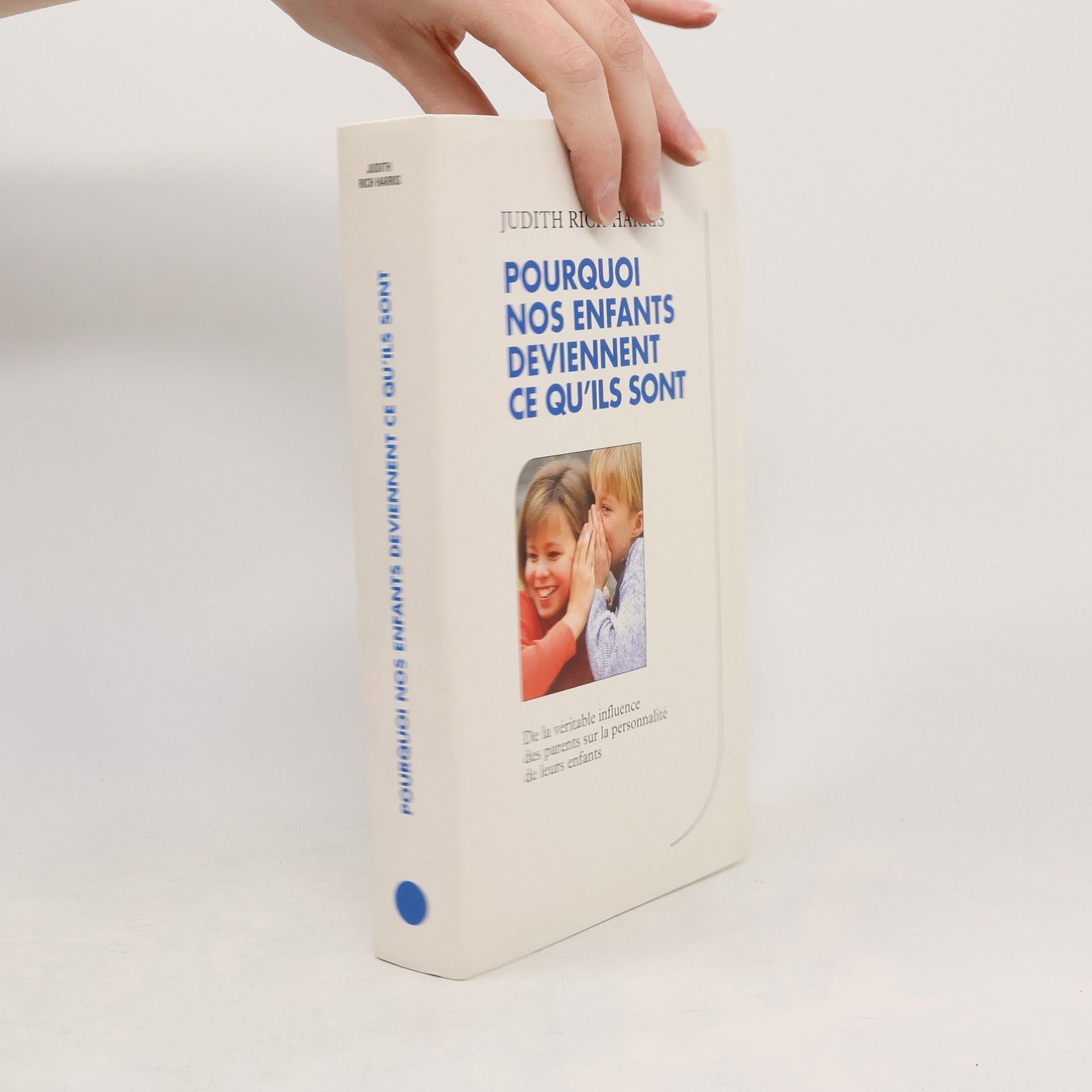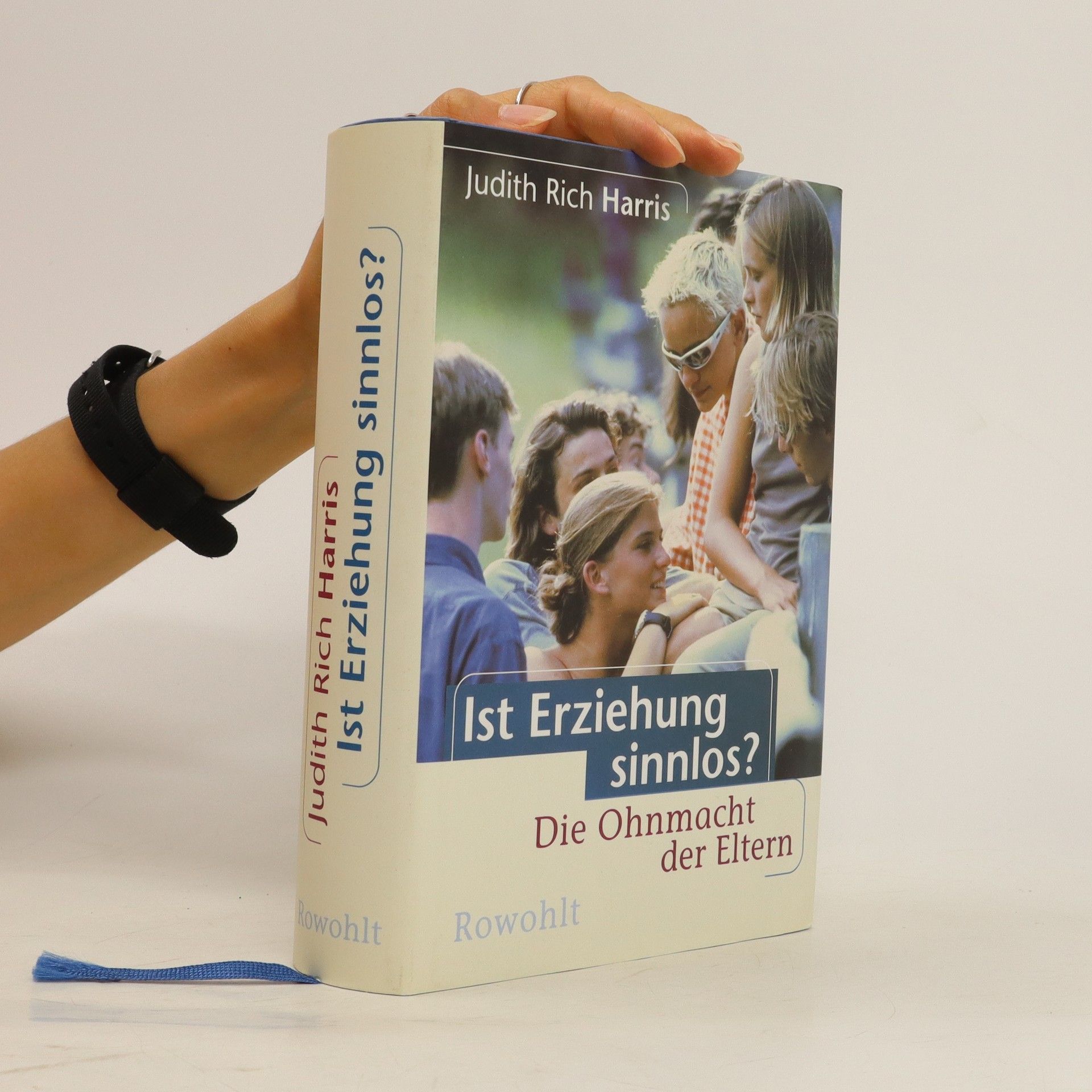No Two Alike
- 329 pages
- 12 hours of reading
The author of The Nurture Assumption draws on principles in evolutionary psychology to explore a controversial theory about the source of human personality, challenging current scientific beliefs while examining what can be learned through studies of language, autism, chimpanzees, and more. Reprint.



